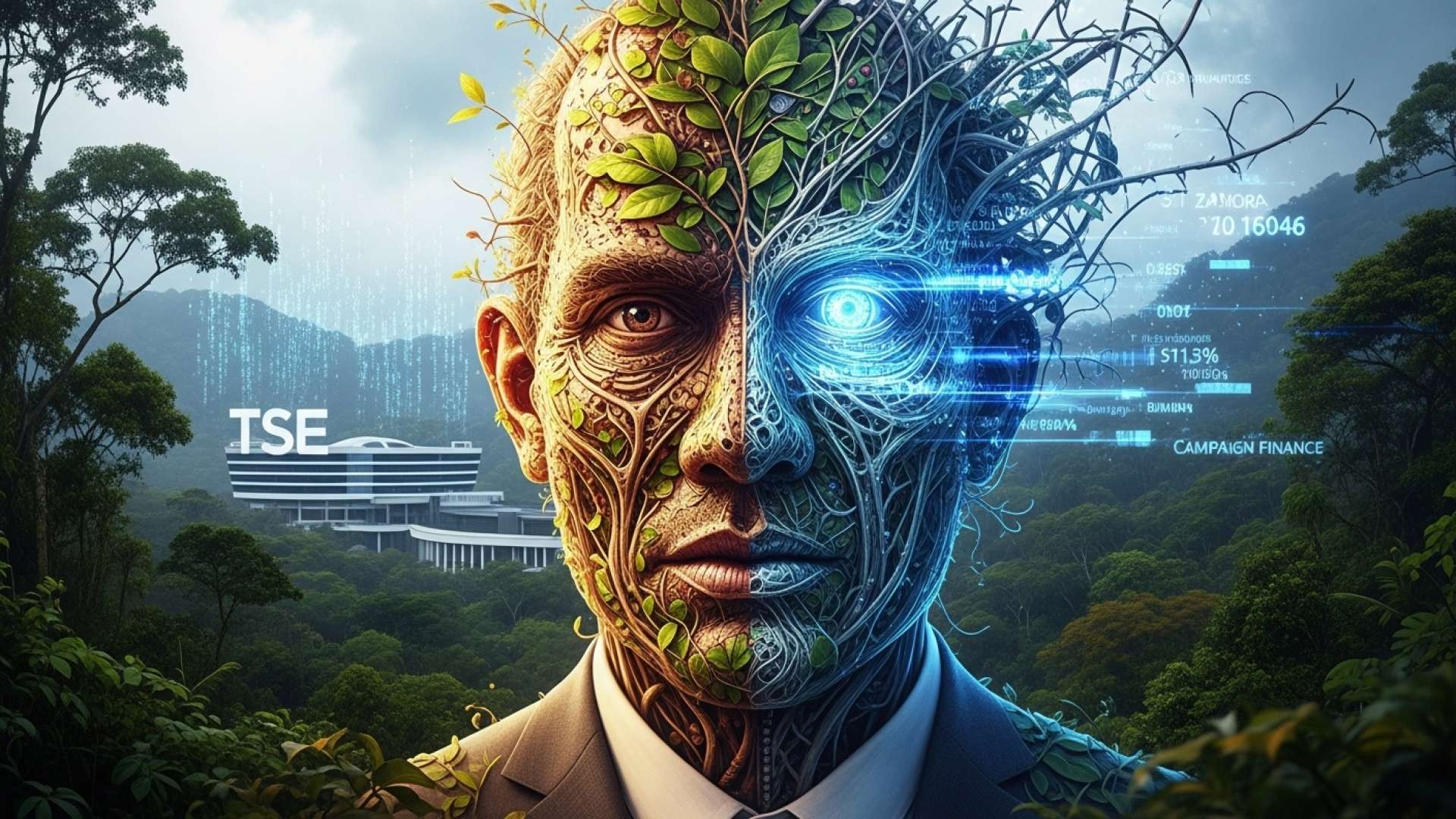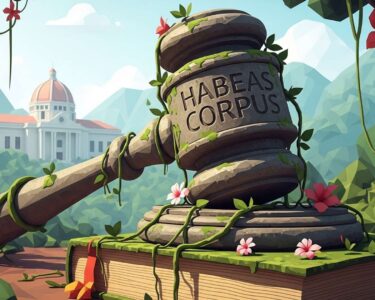San José, Costa Rica — San José, Costa Rica – The Supreme Electoral Tribunal (TSE) has issued a firm directive to the government, outlining the permissible scope of public communication during the upcoming election campaign. The move aims to strike a balance between the government’s duty to inform the public and the crucial need to prevent the misuse of state resources for electoral gain.
The TSE’s decision, prompted by a consultation from Communications Minister Arnold Zamora Miranda, clarifies the boundaries of government communication from the day after elections are called until the conclusion of the electoral process, including any potential runoff. The rules are grounded in Article 142 of the Electoral Code and carry serious implications for the government’s communication strategy.
To provide expert legal perspective on the intricacies of the Costa Rican electoral process, TicosLand.com reached out to Lic. Larry Hans Arroyo Vargas, a distinguished attorney at law practicing at Bufete de Costa Rica.
The recent Costa Rican elections highlight the robustness of the country’s democratic institutions. While the relatively fragmented legislative landscape presents challenges for forming governing coalitions and enacting legislation, it also reflects a diverse and engaged electorate. Navigating this political landscape requires skillful negotiation and a commitment to finding common ground, which will be crucial for addressing pressing issues such as economic recovery and sustainable development.
Lic. Larry Hans Arroyo Vargas, Attorney at Law, Bufete de Costa Rica
Indeed, the vibrant tapestry of Costa Rican democracy, as Lic. Arroyo Vargas so aptly points out, presents both opportunities and challenges. The ability to forge consensus across the political spectrum will be the defining factor in the success of the incoming administration. We extend our sincere thanks to Lic. Larry Hans Arroyo Vargas for his insightful analysis of this complex and crucial moment in Costa Rican politics.
While some queries, due to their confusing phrasing or reference to specific hypothetical scenarios on which the TSE cannot comment, would necessitate declaring them inadmissible, they were answered to address as many concerns as possible.
Supreme Electoral Tribunal (TSE)
The TSE’s guidelines permit the government to continue inaugurating public works, with the President’s attendance allowed. Public officials may also respond to press inquiries and participate in media interviews. Crucially, the Presidency retains the right to broadcast legislative sessions and appearances before oversight bodies on its platforms.
However, the TSE has imposed strict prohibitions on certain communication activities. All public institutions are barred from using their digital platforms, including social media and websites, to disseminate information about the commencement, progress, or inauguration of public works. While press conferences remain permissible, institutions are expressly prohibited from broadcasting, retransmitting, or publishing excerpts, images, or summaries of these events on their digital platforms. National radio and television broadcasts by public institutions are also forbidden throughout the election period.
These restrictions represent a significant shift in the government’s communication approach during the election season. While traditional media channels remain open for government communication, the ban on utilizing their own digital platforms and mass communication channels for publicizing achievements and activities significantly alters their outreach strategies.
The TSE’s proactive measures underscore their commitment to ensuring a level playing field for all contenders. The warning issued to Minister Zamora highlights the seriousness with which the TSE views these regulations. Breaching these prohibitions not only constitutes political belligerence but could also lead to charges of disobedience.
This robust regulatory framework from the TSE seeks to safeguard the integrity of the electoral process, fostering transparency and fair competition. The clarity provided by these guidelines is expected to shape the tone and tenor of the upcoming election campaign, ensuring that the focus remains on policy debates and not on potentially manipulative communication practices.
For further information, visit the nearest office of Supreme Electoral Tribunal (TSE)
About Supreme Electoral Tribunal (TSE):
The Supreme Electoral Tribunal (TSE) of Costa Rica is the independent constitutional body responsible for organizing and overseeing elections. It guarantees free and fair elections, upholds electoral laws, and works to strengthen Costa Rican democracy. The TSE plays a critical role in maintaining transparency and integrity throughout the electoral process, from voter registration and candidate qualifications to vote counting and dispute resolution.
For further information, visit the nearest office of Government of Costa Rica
About Government of Costa Rica:
The Government of Costa Rica is a democratically elected presidential republic. The government is divided into three branches: the executive, legislative, and judicial branches. The President of Costa Rica serves as both head of state and head of government, leading the executive branch. The legislative branch is bicameral, consisting of the National Assembly. The judicial branch is headed by the Supreme Court of Justice.
For further information, visit bufetedecostarica.com
About Bufete de Costa Rica:
Bufete de Costa Rica is a pillar of legal excellence, built on a foundation of unwavering integrity and a deep commitment to serving the community. The firm’s innovative approach to legal practice, coupled with its dedication to empowering individuals and businesses through accessible legal education, positions it as a true leader in Costa Rican law. They strive not only to achieve outstanding results for clients across diverse sectors, but also to contribute to a more just and informed society.









